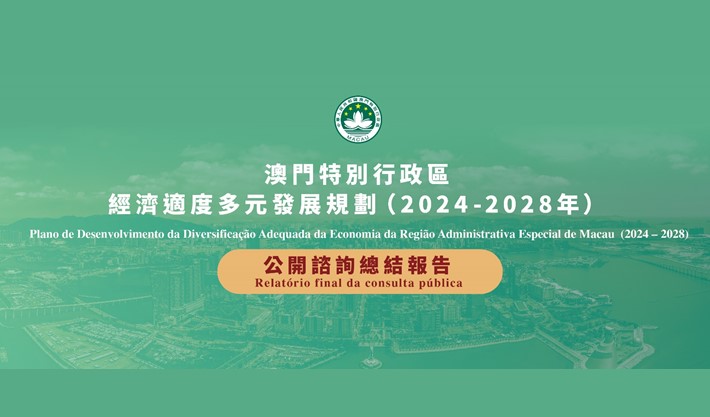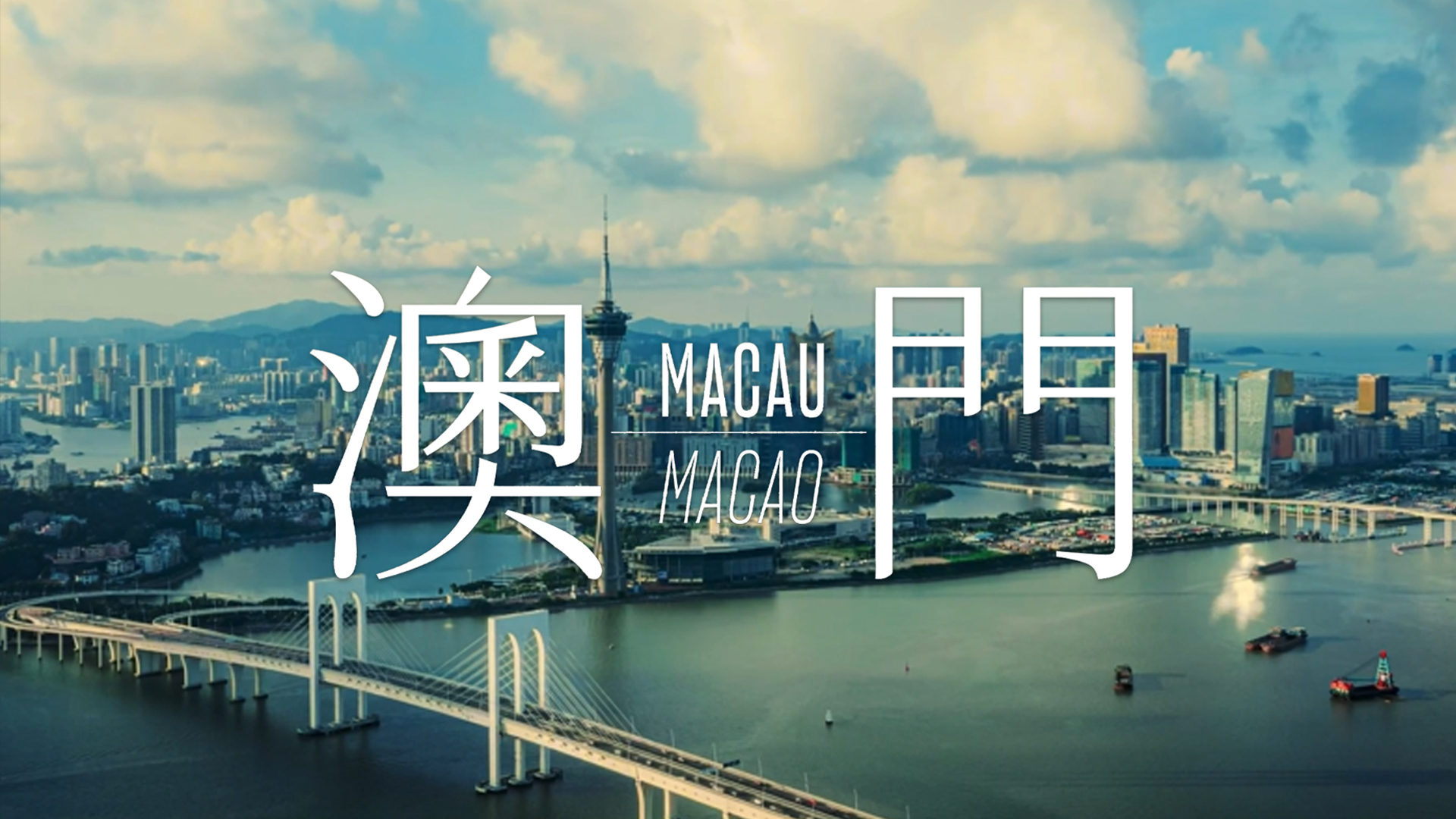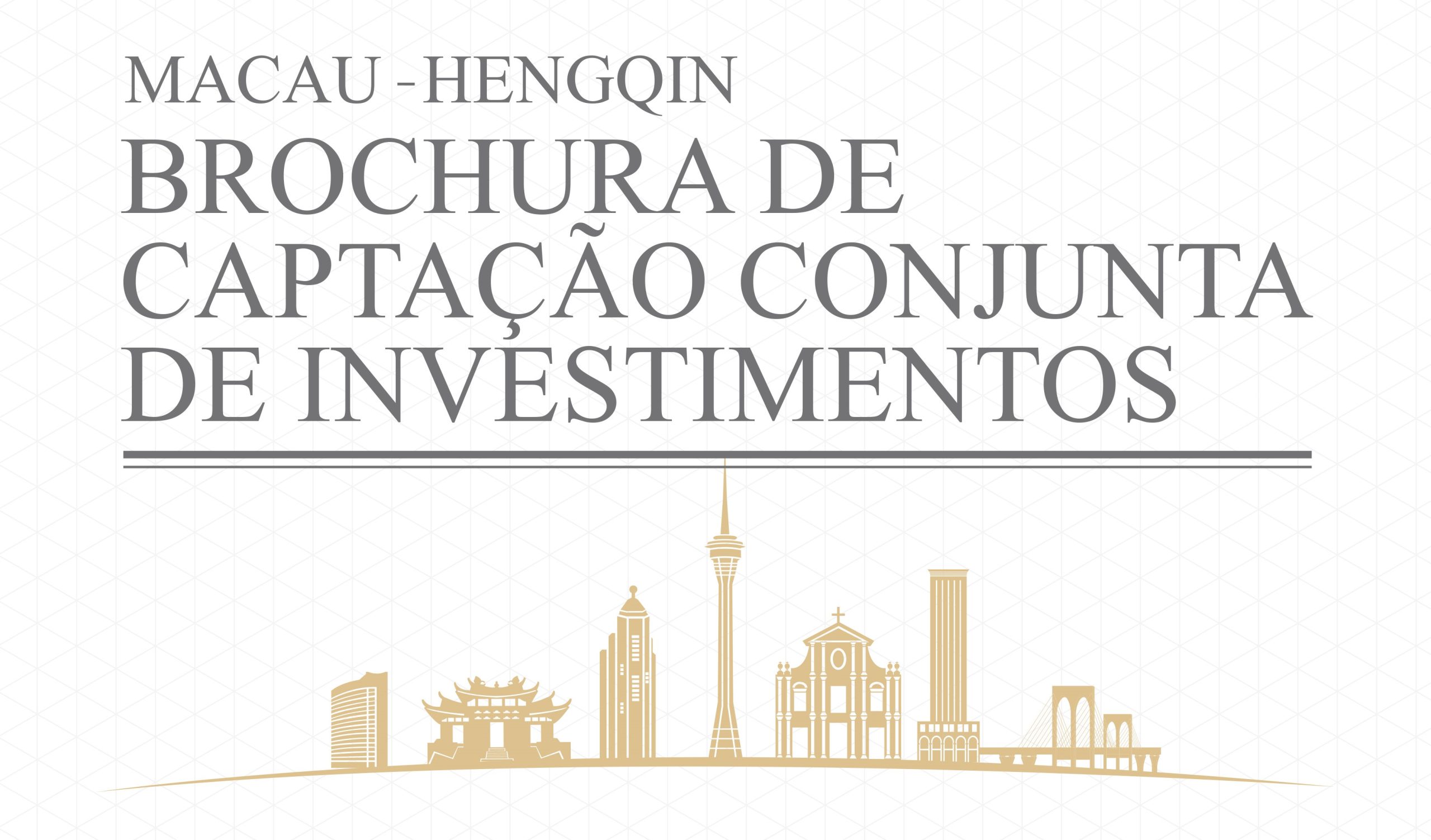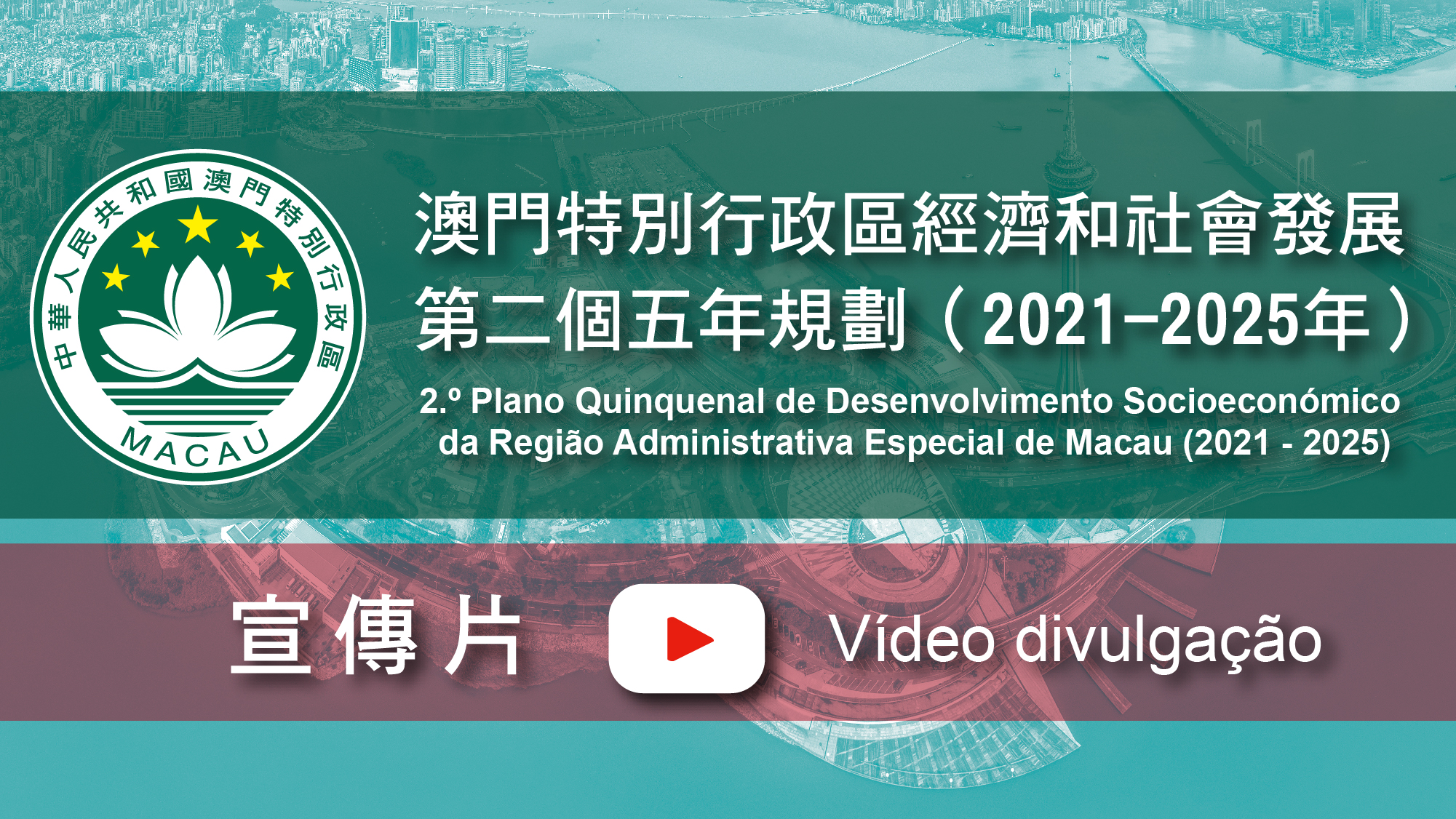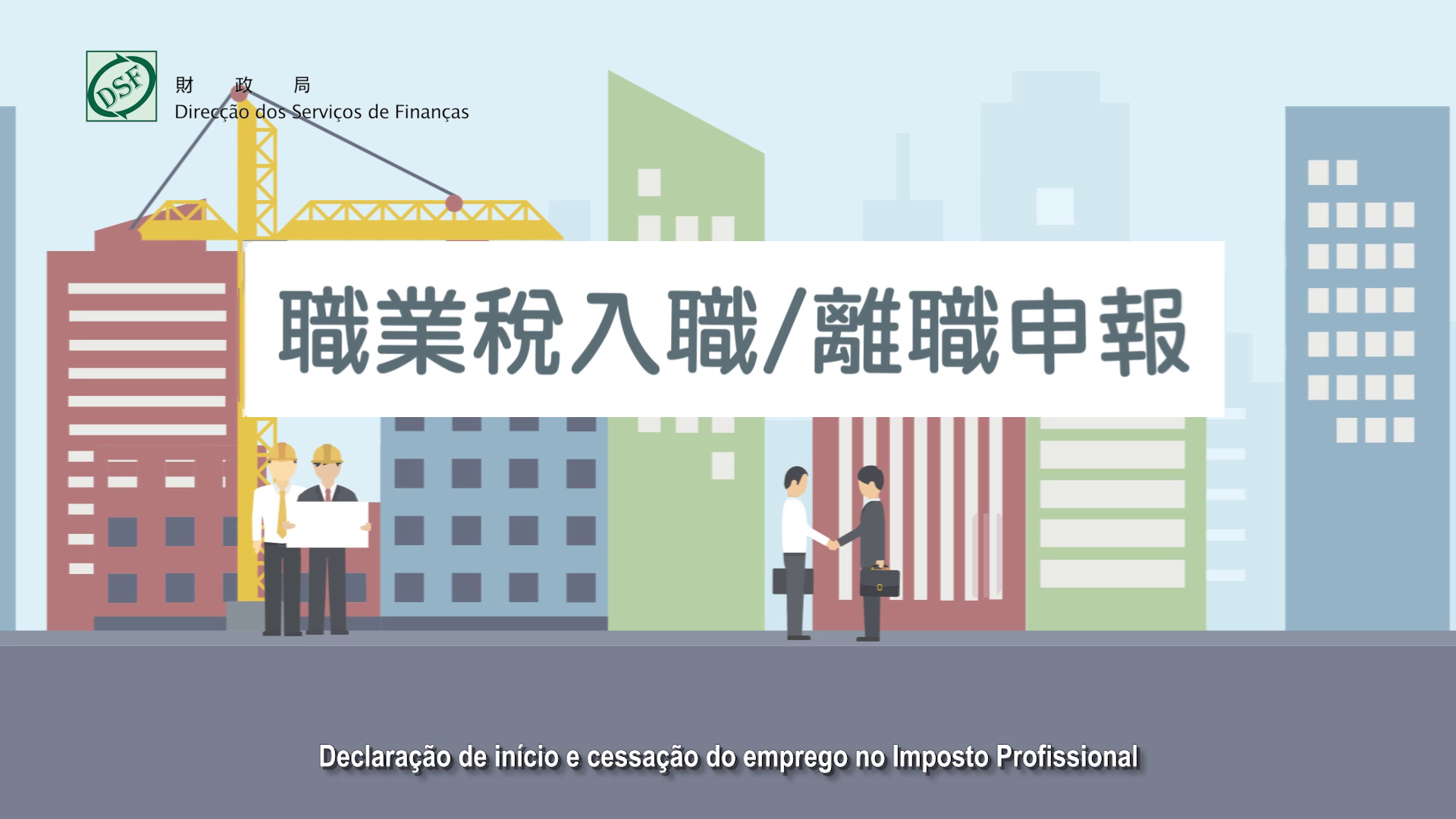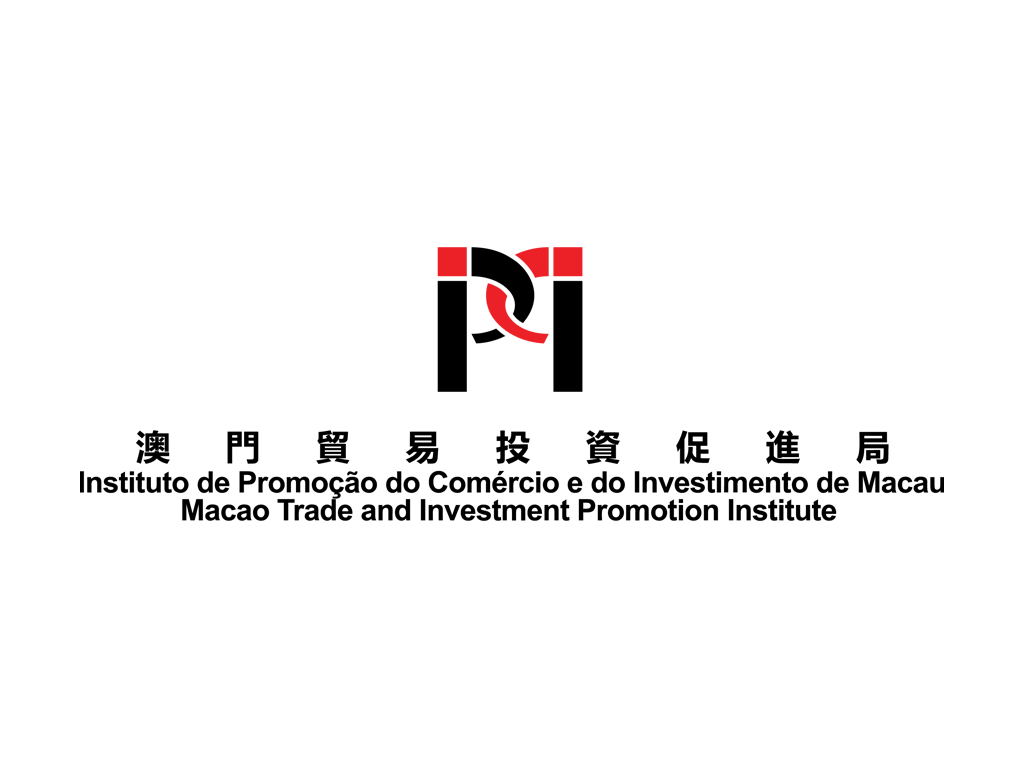Pesquisar
The Trade in Services of the Closer Economic Partnership Arrangement (CEPA) covers 18 sectors, and more than 40 specific service activities. The Arrangement lowers the barriers to the entry for Macao service providers, annulled some of the restrictions in share holding, allowing for wholly owned business by Macao enterprises in majority of the sectors. Besides, the Arrangement also makes the opening of the sectors concerned one to three years earlier than China's WTO commitments. In addition, it will permit Macao professional to sit for professional examApproval Proceduresinations on Mainland to obtain the qualifications necessary for related practices.
Macao's service industry is of vital importance to its overall economic structure. From 1991 onwards, Macao's export of services began to surpass the export of goods. Currently, the tertiary industry takes account of more than 90% of local GDP. The implementation of CEPA will strengthen the investment confidence of Macao's investors in Mainland market, expanding the scope of Macao's economic activities. In the long term, while Macao's high value-added manufacturing industries can have steady growth, the service can make use the opportunity to enter into the Mainland market to develop, both beneficial to the adjustment of Macao's economic structure and diversification.
For Mainland China, the service industry's development is relatively backward and is in dire need of capital and related professionals which Macao enterprises can supply. The business operations on Mainland in many places are still largely the extension of the state planned economy, with enterprises highly dependent on the government. So in view of this, Macao enterprises, familiar with the market regulations and international standards, can help Mainland companies to compete in a more orderly manner rather than in some risky and unregulated ways.
Among the 18 sectors opened by CEPA, Macao business people can choose those with relatively lower registration capital and less stringent requirements. In this issue, we will provide information concerning entry requirements of the following several types.
|
Present state |
Under CEPA |
Approval Procedures |
|
|
Exhibition and convention services |
Foreign enterprises with majority ownership are allowed to conduct exhibition services, but they have to cooperate with appointed organizations in order to organize international exhibitions. Notably, Mainland authorities will assign the exhibition license to the Chinese partners of the joint venture. |
Macao companies are permitted to supply convention services on a wholly-owned basis from January 2004. |
Report to Planning Commission to register the project and apply to Foreign Trade and Economic Co-operation Department for approval |
|
Advertising |
Foreign companies may operate only as minority ownership JVs. After entered WTO, majority ownership and wholly owned advertising firms are permitted in 2 and 4 years respectively. |
Macao companies are allowed to establish wholly owned advertising firms from January 2004, i.e. 2 years ahead of the WTO timeframe. |
Submit project proposals, feasibility reports to State Administration For Industry and Commerce for approval; report to Ministry of Commerce about contracts and organization charters. |
|
Distribution – Retail services – Franchising |
– Only JVs are allowed – for setting up JV retail enterprises, foreign partners must have average annual turnover for not less than US$2 billion in the 3 years prior to application and asset value of not less than US$200 million in the year before application. Minimum capital requirement of the JV is RMB50 million. (RMB30 million in the central and western China) – JVs are allowed in 5 Special Economic Zones and all provincial capitals. – Chain stores with more than 30 outlets selling different types and brands of cars and products subject to state trading from multiple suppliers will be limited to minority-owned JVs; the limitation for cars will be lifted in 5 years. – Retailing of pharmaceuticals, pesticides, mulching films and processes petroleum will be allowed in 3 years; chemical fertilizers in 5 years. – Independent legal entities with registered trademarks, company names, products and patents, as well as no less than one year good operation performance are allowed to act as franchisors. – Foreign retail chain stores are not allowed to expand their networks by franchising. – A ban on all direct sales enterprises funded by foreign capital shut down or trans- formed into in-shop sales. |
For the setting up of retail commercial enterprises on a wholly-owned, equity joint venture or contractual joint venture basis, 1 Macao service suppliers must fulfil the following conditions: The average annual sales value of a Macao service supplier in the preceding 3 years will not be less than US$100 million; the minimum assets in the previous year will be US$10 million; the minimum registered capital for setting up an enterprise will be RMB 10 million. For setting up a retail commercial enterprise in the Central and Western Region, the minimum registered capital will be RMB 6 million. – To allow Macao service suppliers to set up wholly owned retailing enterprises for sale of motor vehicles. 2 – To allow Macao permanent residents with Chinese citizenship to set up, in accordance with the relevant laws, regulations and ad-ministrative regulations, individually owned stores in Guangdong to provide retailing services excluding franchising operation, with out being subject to the approval procedures applicable to foreign investments. The sales area of such stores will not exceed 300 square metres. To allow Macao service suppliers to engage, in the form of wholly-owned operations, in franchising. 3 |
Ministry of Commerce responsible for project registration, approval of contracts and organization charters. |
|
Management consulting |
Majority ownership in JVs are allowed. Wholly-owned subsidiaries are allowed within 6 years of WTO accession |
– To allow Macao service suppliers to provide, in the form of wholly-owned operations, management consulting services, including general management consulting services, financial management consulting services (except industrial tax), marketing management consulting services, human resource management consulting services, production management consulting services, public relations services and other manage ment consulting services. – The minimum registered capital requirement is 0.1 million RMB, according to "Company Law of the People's Republic of China". |
Project directly submitted to Foreign Trade and Economic Co-operation Departments for approval (except for legal consulting). |
|
Real Estate Services. – Real estate services in volving own or leased property – Real estate services on a fee or con tract basis |
– Wholly-foreign owned firms are permitted for own or leased properties except for high standard real estate projects. – For services on a fee/contract basis, JVs with foreign majority ownership are permitted. |
– To allow Macao service suppliers to provide, in the form of wholly-owned operations, high standard real estate project services. 4 – To allow Macao service suppliers to provide, in the form of wholly-owned operations, real estate services on a fee or contract basis. – To allow Macao service suppliers to provide, in the form of wholly-owned operations, real estate agency services. |
Project regis-tration, approval of contracts and organization charters at Foreign Trade and Economic Co-operation Departments. Qualification certificates obtained through Land Administra-tions and Property Management Departments. |
|
Storage and warehouse services |
Majority and wholly-owned subsidiaries are allowed. |
Macao companies are permitted to operate on a wholly-owned basis with a minimum registered capital of RMB0.5 million which is the same for mainland enterprises |
Project companies submit documents to Foreign Trade and Economic Co-operation Departments for approval. |
|
Tourism and travel related services |
1. JVs are allowed to construct, renovate and operate hotel and restaurant 2. JV and wholly-owned travel agencies are allowed to operate in government desig nated holiday resorts as well as Beijing, Shanghai, Guangzhou and Xian Guangdong residents need to join travel agencies organized package tours in order to travel to Hong Kong and Macau |
– To allow Macao service suppliers to construct, renovate and operate, on a wholly-owned basis, hotels, apartment buildings and restaurant establishments. – There will be no geographic restriction on Macao travel agencies forming joint venture travel agencies whenever the Mainland agencies have majority shareholding. – To allow residents of Beijing, Shanghai, and Guangzhou, Shenzhen, Zhuhai, Dongguan, Zhongshan, Jiangmen, Foshan and Huizhou of the Guangdong Province to visit Macao individually as tourists, and for the residents of Guangdong Province not later than 1 July 2004. |
For restaurants, project companies submit documents to Foreign Trade and Economic Co-operation Departments for approval. For high-standard hostels, villas, high-standard office buildings, international convention and exhibition centers and travel agencies (all being restricted types), projects have to be registered with State Planning Commission and contracts and organization charters to be approved by Foreign Trade and Economic Co-operation Departments |
1. The retailing services provided by Macao service suppliers in the Mainland in respect of books, newspapers,
magazines, pharmaceuticals, pesticides, mulching film, chemical fertilizers, staple food, vegetable oil, edible sugar,
cotton and processed oil remain subject to Mainland's commitments to members of the World Trade Organization.
2. Chain stores with more than 30 outlets remain subject to Mainland's commitments to members of the World Trade
Organization.
3. The respective regulation will be promulgated separately.
4. High standard real estate projects refer to the real estate projects with construction costs per unit two times over the
average construction costs per unit in the same city.
CEPA was brought about in a "One country, Two systems" context. The taxation systems of Macao and Mainland China are quite different and the two places tend to have relatively independent interests. In signing CEPA, the Central Government has demonstrated its staunch determination to support and give privileges to its two SARs, making Macao's interests being protected asymmetrically. Under CEPA, Macao's service providers can go into the Mainland market with an equal status with their Mainland counterparts. Hopefully before the WTO commitments take their full effects, Macao enterprises can establish their footholds, thus taking up advantageous positions in the intense competition of the future.
This article was prepared by IPIM's Research and Information Division .



